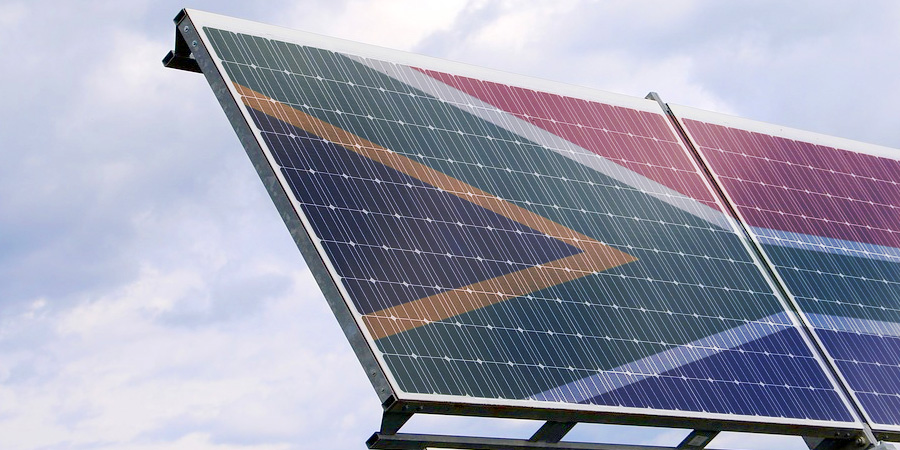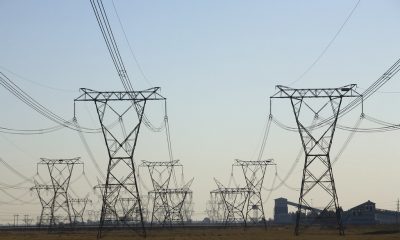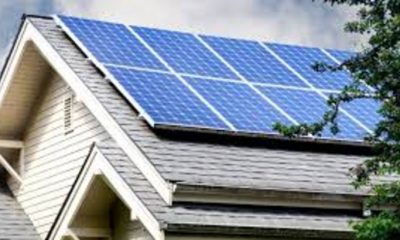411
Sars and Prasa Turn to Solar to Cut Costs and Reduce Eskom Dependency

South Africa’s journey toward energy independence is gaining momentum, with the South African Revenue Service (Sars) and the Passenger Rail Agency of South Africa (Prasa) spearheading solar power adoption. These initiatives aim to reduce operational costs, enhance sustainability, and alleviate reliance on Eskom’s troubled power supply.
Sars Invests in Solar Across Nine Provinces
Sars is rolling out solar photovoltaic (PV) systems at branches in all nine provinces, seeking to generate up to 40% of its annual energy requirements. By installing rooftop solar systems, the tax authority aims to:
- Reduce operating costs.
- Lower diesel consumption during load-shedding.
- Establish sustainable energy solutions for its facilities.
The tender for the project closed on 9 December 2024, signaling the organization’s commitment to green energy alternatives amid rising electricity costs and persistent load-shedding challenges.
Prasa’s Solar Vision
Prasa, another major state entity, has also embraced solar energy. The rail agency highlighted the disruption caused by load-shedding on its operations, particularly rail services and depots.
Prasa’s solar initiative aims to:
- Minimize electricity interruptions in rail operations.
- Enhance energy efficiency.
- Reduce electricity costs, which rise approximately 15% annually.
- Generate additional revenue by selling excess electricity to third parties.
Prasa’s spokesperson, Andiswe Makanda, emphasized the agency’s focus on environmentally friendly energy solutions to maintain operational efficiency and reduce its burden on the national grid.
While Sars and Prasa aim to reduce Eskom dependency, they, like other entities, still require Eskom’s transmission network for energy wheeling. This process enables renewable energy generated by independent producers to reach urban users via the existing grid.
Even with a 100% renewable energy target, companies like Teraco, South Africa’s largest data center operator, acknowledge the importance of working alongside Eskom to meet their energy goals.
The City of Cape Town has also taken significant steps to cut ties with Eskom’s unreliable supply:
- Constructing a 7MW solar PV plant in Atlantis.
- Establishing a battery energy storage facility to support energy needs.
However, efforts to take over municipal electricity distribution from Eskom faced legal and operational hurdles, with Eskom citing business requirements and outstanding municipal debts as barriers.
South Africa’s transition to renewable energy is a complex yet promising journey. By embracing solar power, entities like Sars and Prasa are paving the way for a greener, more sustainable future. Their efforts demonstrate the potential for public and private sectors to collaborate in reducing reliance on Eskom while addressing the country’s growing energy needs.
Follow Joburg ETC on Facebook, Twitter , TikTok and Instagram
For more News in Johannesburg, visit joburgetc.com



















